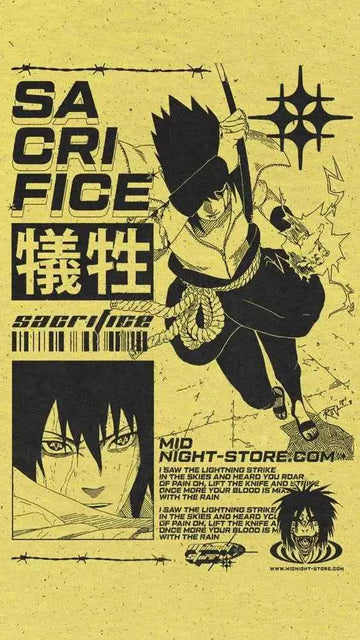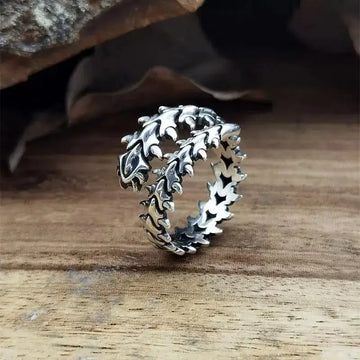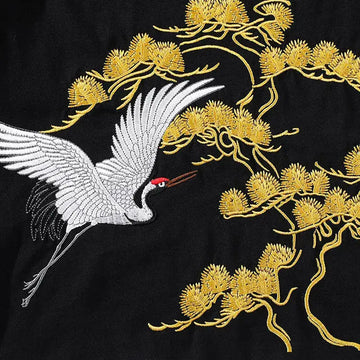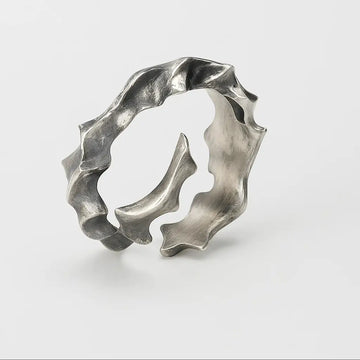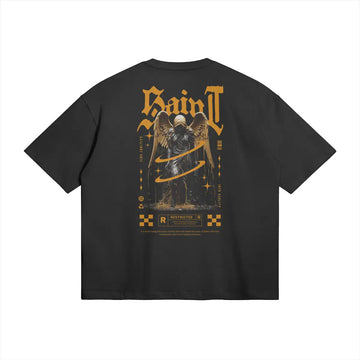Why the Hell Does Anime Even Matter?
Ah, anime. It's not just a genre, it's practically a religion for legions of fanatics worldwide. What, you thought "anime" was just a fancy Japanese word for "cartoon"? Fuck no. It's a soul-draining, sleep-wrecking, life-altering experience that's had a massive cultural impact globally. You've got folks binge-watching 900 episodes of One Piece like it's nothing—eating instant ramen at 2 AM, eyes bloodshot from another epic battle sequence where the protagonist almost dies for the sixteenth time this week. Anime grabs you by the throat and doesn't let go, because for some reason we're all here for the melodrama, the absurd storylines, and the sheer spectacle. It's what keeps people coming back to this chaotic cesspool of overblown emotions and flashy visuals, influencing everything from art to streetwear fashion.
And let's not sugarcoat it: anime isn't just "fun." It's a masterclass in psychological manipulation. Yeah, I said it. They lure you in with "slice-of-life" shows so damned wholesome that they make a Hallmark movie look like a Tarantino flick. Then, the next thing you know, you're neck-deep in some existential mindfuck like Neon Genesis Evangelion where you're questioning why any of us exist at all. That's the anime charm—it's sweet, twisted, chaotic, and just a little psychotic. And, honestly, isn't that the perfect encapsulation of the human condition?
The Genres and Tropes that Keep Dragging Us Back
Anime's genres are like the shady back alleys of some fictional mega-city. There's something for everyone, from mecha for the tech-obsessed masochists to shoujo for those who, inexplicably, enjoy watching wide-eyed high schoolers blush for ten episodes straight without ever confessing a damn thing. Let's break down the essentials, shall we?
1. Shonen - For Those Who Love Watching Kids Beat the Shit Out of Each Other
Ah, shonen, the genre that single-handedly fuels the testosterone-fueled fantasies of 14-year-olds everywhere. Think Dragon Ball Z, Naruto, My Hero Academia. We're talking big brawls, bigger power-ups, and an endless supply of conveniently forgotten character deaths (because no one stays dead in shonen, ever). The stakes? Always life-or-death. The relationships? More complicated than a soap opera. The dialogue? Predictable as hell. But we eat it up because it hits that primal nerve that says, "Yeah, I, too, could punch through a wall if I screamed loud enough."
2. Isekai - When Ordinary People Get Sucked into a Fantasy World, AGAIN
And then there's isekai. Sweet Christ, this genre is like fast food: cheap, repetitive, and somehow everyone keeps consuming it. Sword Art Online and Re:Zero opened the floodgates, and now it's raining "Oh no, I got reincarnated as a vending machine in a fantasy world" stories. The formula? Boring loser from the real world suddenly becomes the most OP hero in some D&D rip-off. Why? Because escapism sells, and we all want to believe we're destined for greatness in a land where there's no taxes and magic fixes everything.
3. Slice-of-Life - The Genre that's Just Mundanity on Steroids
Next, we have slice-of-life, which is anime's way of saying, "Here, watch these ordinary people do ordinary things but with freakishly big eyes." It's calming, really—a genre that's like a Xanax for the soul. Shows like March Comes in Like a Lion and My Teen Romantic Comedy SNAFU turn the mundane into something poetic and oddly gripping. Because let's face it, there's something fascinating about watching people go through life's everyday messes, except they're all drawn with the aesthetic sensibilities of a Vogue photoshoot.
4. Psychological Thrillers - Mind Games, but With Monsters
And for those of us who enjoy a bit of brain-breaking complexity, there's the psychological thriller genre. Think Death Note, Psycho-Pass, Paranoia Agent. Here, the stakes are not just life or death but rather sanity versus oblivion. They throw you into a maze of deceit, moral ambiguity, and characters who have about as much stability as a soap bubble in a hurricane. It's the genre that keeps you awake at night wondering if you'd take the Death Note yourself if it showed up on your doorstep. (Spoiler alert: you would, you sick bastard.) These mind-bending narratives have left an indelible mark on pop culture, inspiring countless discussions, fan theories, and even academic analyses.
The Characters: Clichés, Tropes, and the Occasional Twist
Anime characters often fit into neat, easily recognizable boxes. Why? Because the fans want that shit. We want the tsundere who punches the protagonist in the face because, apparently, assault is a love language. We want the brooding antihero who's about two bad decisions away from starting his own emo band. And don't even get me started on the kawaii mascot character whose only purpose is to sell plushies and inspire streetwear designs.
But sometimes, anime throws you a curveball. Shows like Attack on Titan turn typical characters into twisted, traumatized husks of humanity, and suddenly we're in for a story that's less "good vs. evil" and more "humanity vs. itself." Those are the rare, precious gems in a sea of predict

